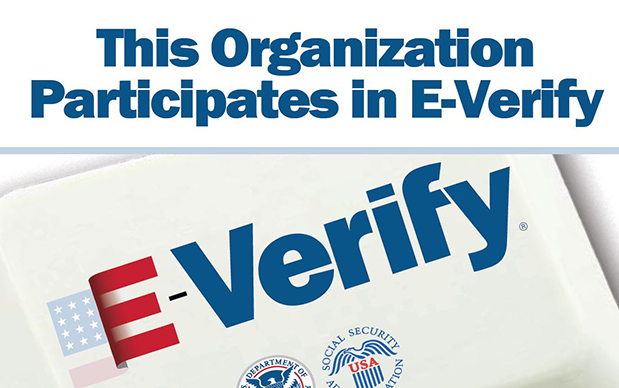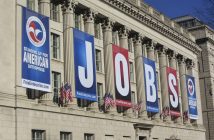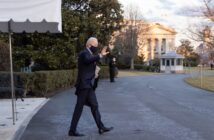Chalk up more positive results for E-Verify, the free online federal database that screens legal employment eligibility.
A statistical analysis of demographic reports, including the U.S. Census American Community Survey, finds that the number of recent illegal immigrants fell by almost 50 percent in states with universal E-Verify laws.
Specifically, “having an E-Verify law reduces the number of less-educated prime-age immigrants from Mexico and Central America — immigrants who are likely to be unauthorized — living in a state,” researchers Pia M. Orrenius and Madeline Zavodny reported.
Orrenius and Zavodny studied seven states that have adopted E-Verify requirements: Alabama, Arizona, Georgia, Mississippi, North Carolina, South Carolina and Utah. The effects were particularly profound in Arizona, where the researchers found an exodus of alien workers following the implementation of mandatory E-Verify in 2008.
On the other hand, the study found little effect in states where E-Verify laws only apply to government agencies and government contractors. “This is not surprising since relatively few unauthorized immigrants are directly affected by those laws,” the researchers wrote.
TEXAS: Where E-Verify Goes to Die
The report is also a cautionary tale for neighboring states that eschew E-Verify. Evidence suggests that E-Verify laws divert newly arriving illegal immigrants to other states, especially those nearby.
This “spillover effect” is a prime reason to enact universal E-Verify at the federal level. With Seven states demonstrating the effectiveness of the employment-vetting system, it’s time for Congress to follow suit and level the playing field for all.
Sen. Tom Cotton, R-Ark., has sensibly included mandatory E-Verify in his newly proposed SECURE Act, which he calls “pro-American and pro-worker.” In the House, Rep. Lamar Smith, R-Texas, has reintroduced the Legal Workforce Act, requiring E-Verify.
Yes, it would be out of character for Congress to stand up to special interests, the business lobby and the open-borders crowd. But as a new year and the 2018 elections draw near, American workers can hope for the blessed day when Washington politicians actually serve the people who elect them.




